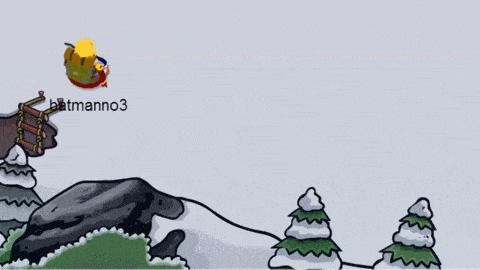Hello my Interwebs!
How have you been? Good? Good.
I am literally the laziest person to ever walk to earth right now cause I’m attempting to complete work from week 6. Don’t hate me for posting this so late and for it popping up on your reading list-thing (I dunno). Plus it took me a solid 5 minutes to dig up posts from that week, so there we go! That’s my punishment right there.
Marcus talks about how despite those who think that books will “disappear” he thinks that they will continue to live in our lives. I agree, I have always been a book person and I’ve never enjoyed ebooks or audio books for that matter, I think it’s because I’m a visual person I prefer the comfort of reading rather than looking at a screen. Each to their own I say.
Monique writes an entire post composed of all three aspects that we need completed per week – because she’s clever and not lazy, unlike me – she agrees that the “possibilities are unless” when it comes to the untapped world of hypertext and the plethora of things that we can achieve. I am, personally still coming to grips with the way hypertext and hyperlinks work, so I honestly can’t begin to imagine what we can achieve with it.
Claudia after completing the reading asks the question:
When do you decide that you are at the end?
Does the reader become the author?
Once you’re finished, what happens if you pick up the book again and are in a different mood? Won’t that change the ending you have created?
Which are some pretty top-notch questions if you’d ask me, when I read the book I usually accept the ending that the author has given me, and I only ever re-read the book so I can experience the same feeling I gained from when I first completed the book. I mean for those who’ve read Harry Potter, don’t tell me that you’ve never skipped to the end of The Deathly Hallows just so you can experience that tearful moment when Harry, Ron and Hermione end their tale and that they’ll never be another book again. *tears*
Here’s an hilariously adorable picture so no one can get mad or annoyed at me for being so behind –>

Mwah~
